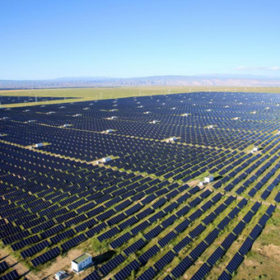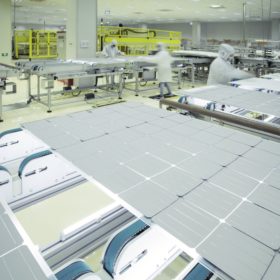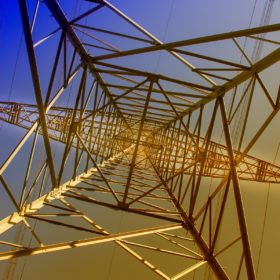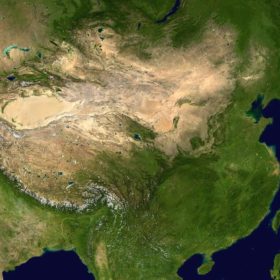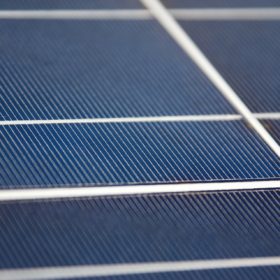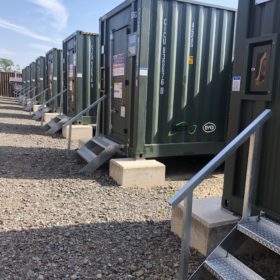State Grid of China unveils plans for 100GW battery fleet
China’s largest state-owned grid operator and power utility plans to deploy the world’s biggest battery fleet and almost quadruple its pumped hydro storage by 2030, thus supporting the nation’s switch to renewable energy sources.
Consultant plays down Chinese solar fever
The nation is set to have added 40 GW of solar in 2020 and that figure will rise again this year, to 45-50 GW, according to one of the year’s first industry predictions.
Analyst expects ‘unprecedented’ consolidation of Chinese solar industry
PV manufacturers unable to live with proposed new quality guidelines and project developers alike are set to be squeezed out by the state in the world’s biggest solar market, according to Frank Haugwitz, who has compiled a market update as preparations for the next five-year plan gather pace.
Announcement of solar grid caps in China could mark fightback by network operators
After managing to bear down on costs enough to compete with coal-fired generation, it appears solar developers in China now face a new hurdle to overcome – resistance from grid companies.
Chinese developer may lose $140m paid out in speculative project development rights
Bailed-out solar project company Panda Green revealed it did not set any terms for repayment of RMB1 billion paid to third parties in 2017 as deposits to secure potential project rights.
Coronavirus could cause solar panel price spike
The coronavirus outbreak in China could raise solar module prices in the near term as manufacturers have already begun experiencing wafer and solar glass shortages. Production rates are also being affected by an extended new year holiday introduced by the authorities as a measure to deal with the virus, and the requirement workers from infected areas quarantine themselves for two weeks.
China set for 40 GW of pumped hydro storage next year
The showpiece 3.6 GW Fengning county project which will offer grid services and back-up power at the 2022 Winter Olympics is part of a 31.15 GW construction pipeline of projects, many of which are set to come into service next year.
Grid service payments the key to unlocking China’s energy storage potential
The world’s biggest solar market could be about to replicate that feat in energy storage, provided it manages to reform the payment system for rewarding the grid services offered by batteries.
The blockchain club
Open-source blockchain platform Energy Web Foundation has revealed the number of its affiliates has risen from 37 to 100 in recent months. New members include EnBW, Total and a unit of the State Grid Corporation of China. The platform was conceived to create an energy-blockchain ecosystem and to accelerate the energy transition.
Germany prevents China from joining 50Hertz
The Chinese state-owned State Grid Corporation of China has been attempting to acquire a 20% stake in German transmission system operator, 50Hertz for some time now. After the intervention of Germany’s Federal Government, however, this share will now go to domestic development bank, KfW.
